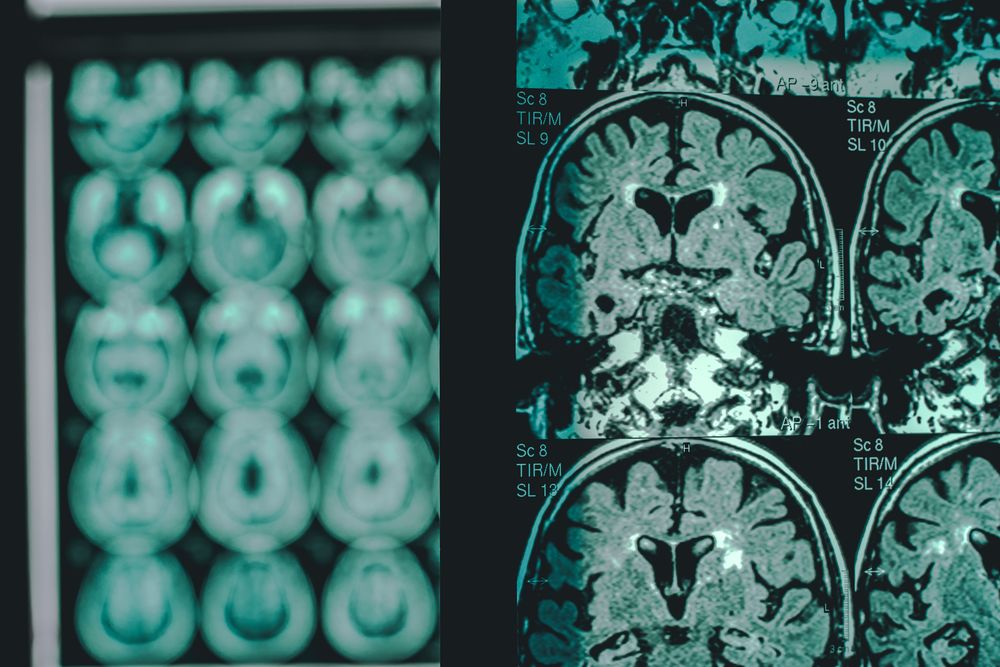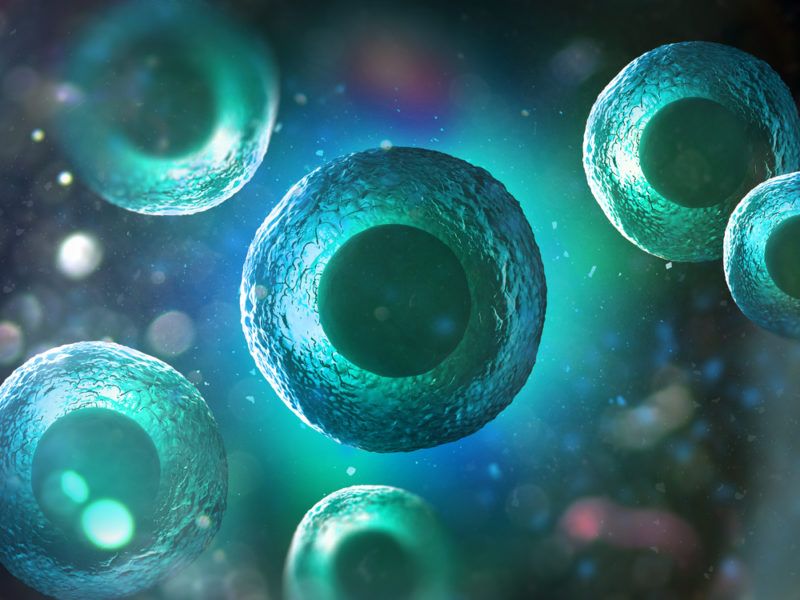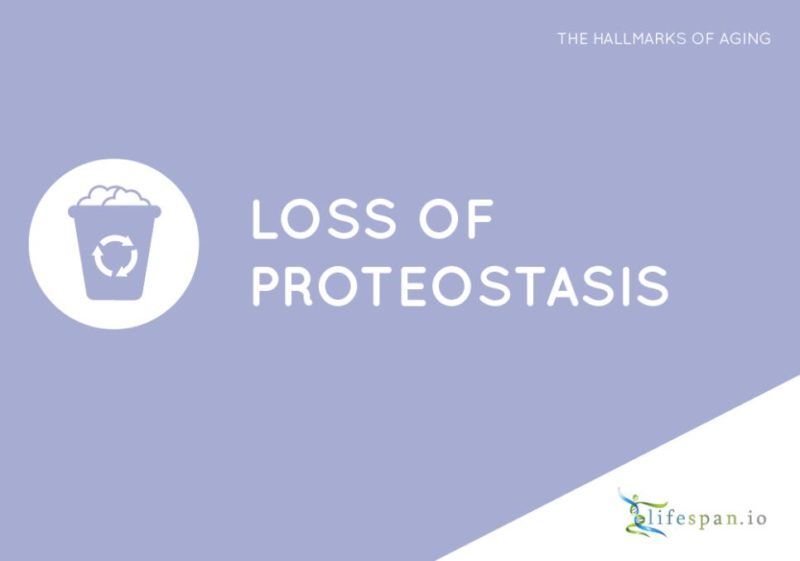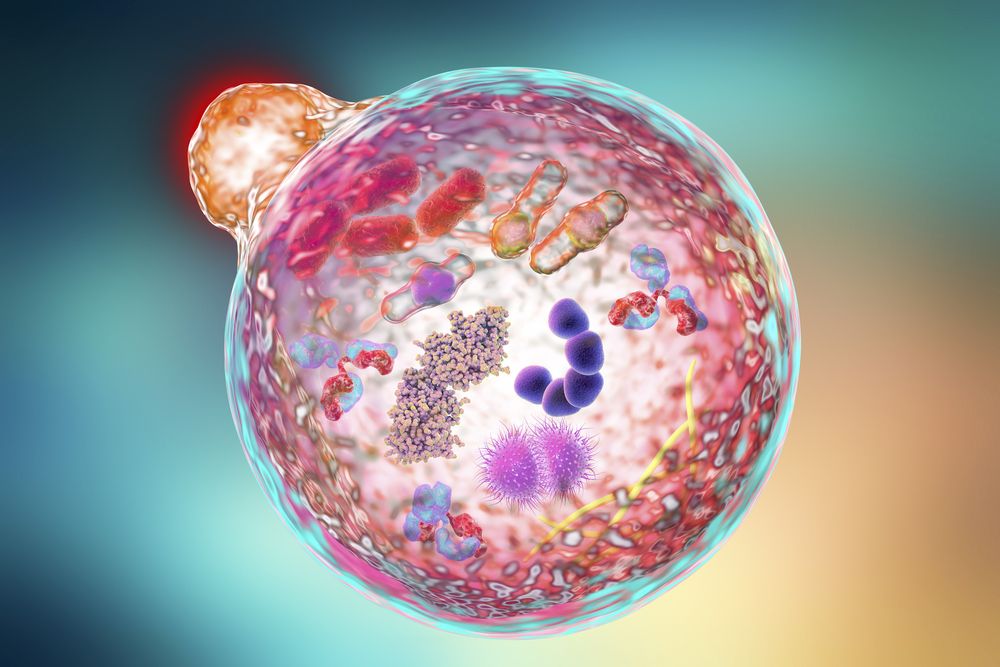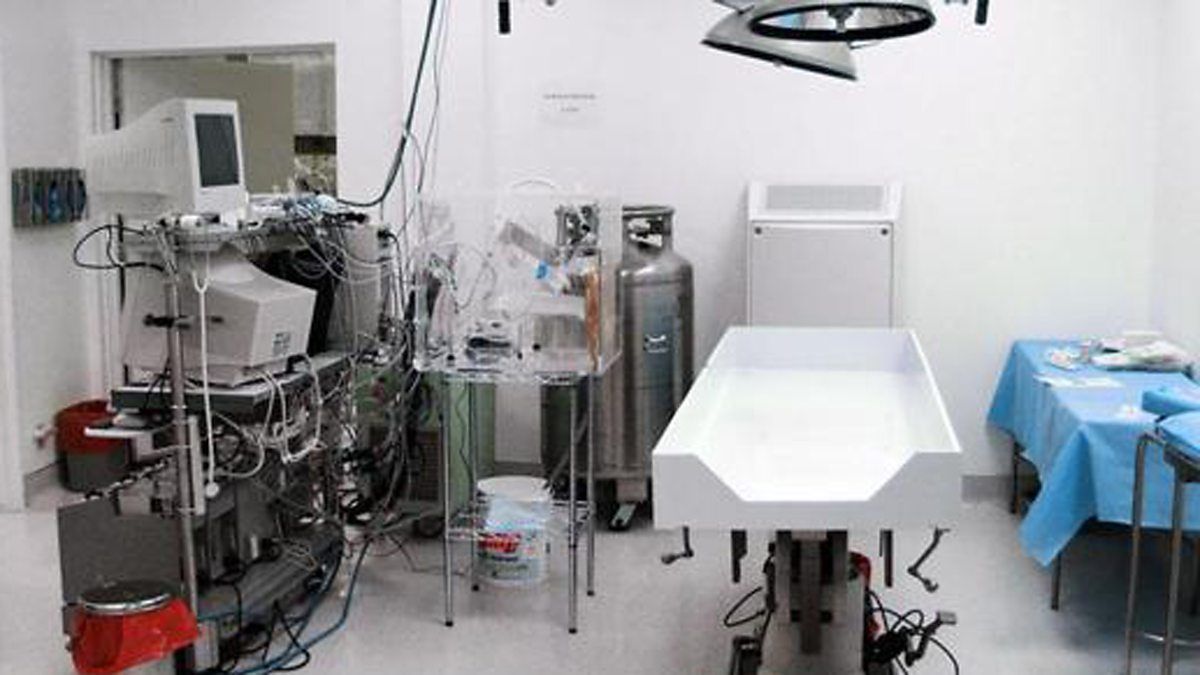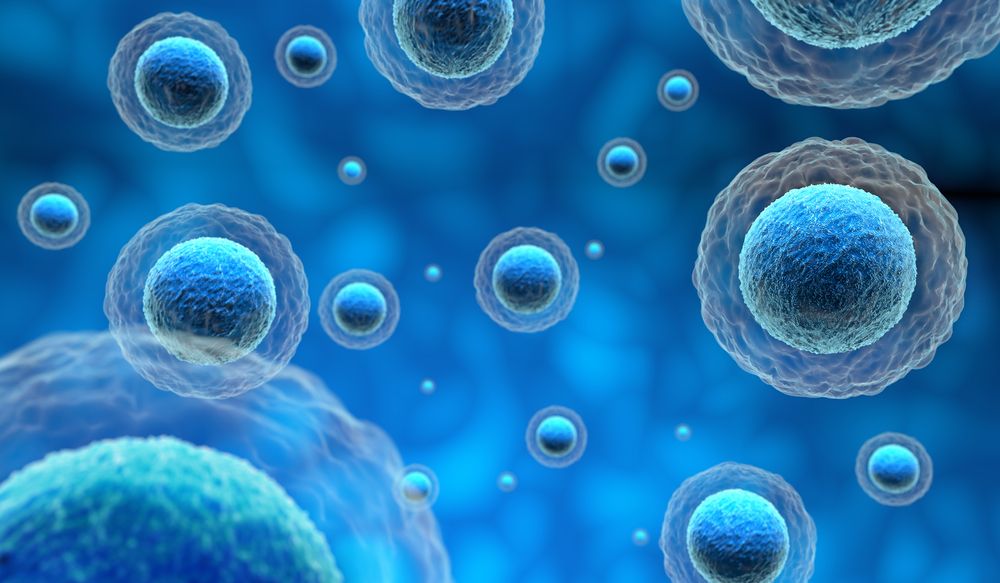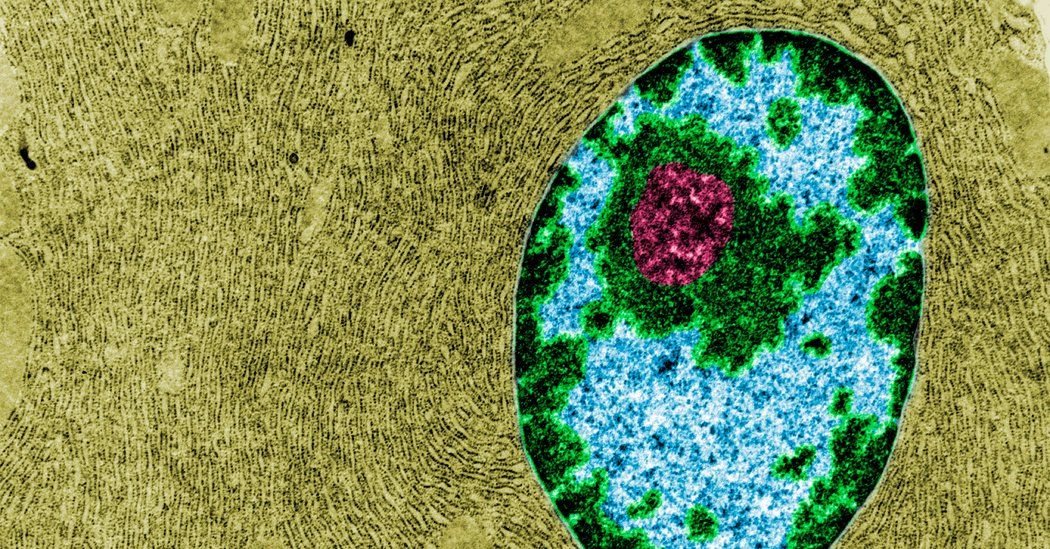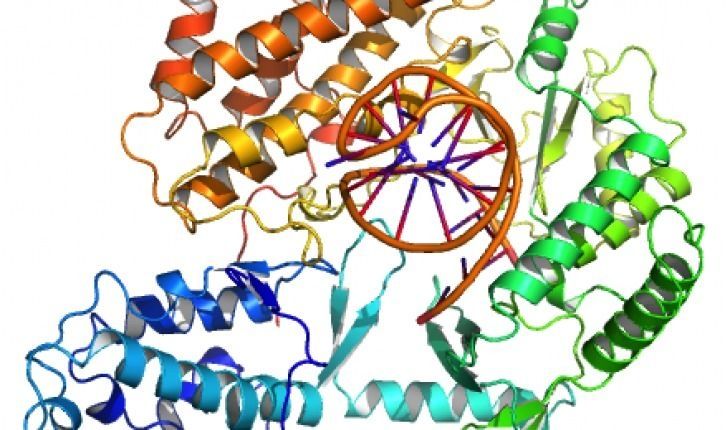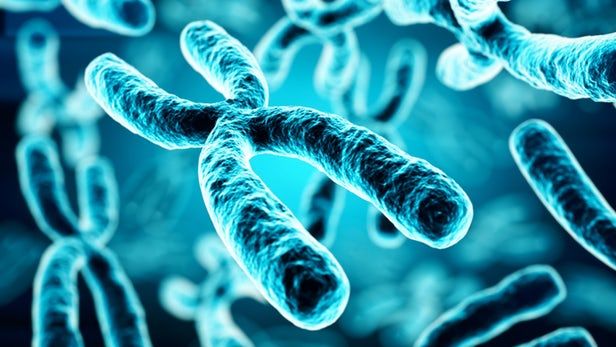Vascular risk and accumulation of beta-amyloids seem to accelerate the rate of cognitive decline in elderly adults.
Vascular risk appears to be a strong predictor of dementia, especially in older individuals with high levels of brain beta-amyloids, and the interaction between these two risk factors might lead to a higher rate of cognitive decline, according to a recent study at the Massachusetts General Hospital.
Alzheimer’s disease (AD) is an age-related neurological disorder whose most feared outcome is dementia, along with other symptoms, such as behavioral issues, loss of motivation, and even the inability to take care of oneself. Patients suffering from AD exhibit an accumulation of plaques in their brains; these plaques, resulting from the build-up of amyloid-beta protein, have long been thought to be the cause of the disease, though other hypotheses have been put forward as well.
However, the presence of excess beta amyloids is a constant in all AD patients, and a recent study by researchers at the Massachusetts General Hospital has discovered that increased cardiovascular risk, combined with higher brain amyloid levels, is a predictor of faster cognitive decline in clinically normal elderly. [1].

